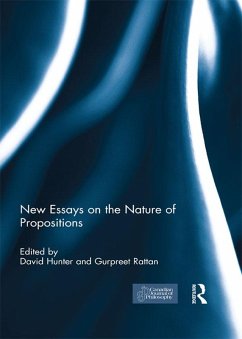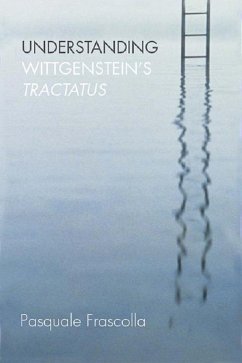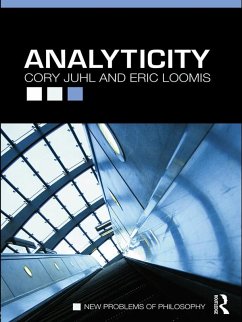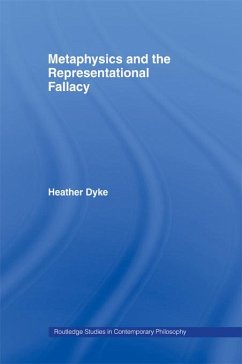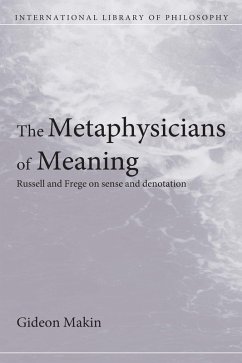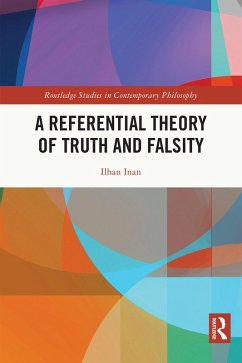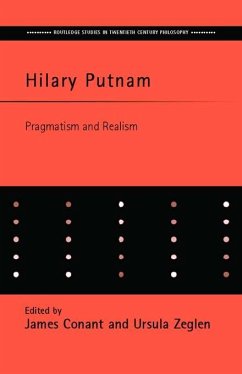
Metaphysicians of Meaning (eBook, ePUB)
Frege and Russell on Sense and Denotation
Versandkostenfrei!
Sofort per Download lieferbar
46,95 €
inkl. MwSt.
Weitere Ausgaben:

PAYBACK Punkte
23 °P sammeln!
Russell's On Denoting and Frege's On Sense and Reference are now widely held to be two of the founding papers of twentieth century philosophy and form the heart of the famous "linguistic turn". The Metaphysicians of Meaning is the first book to challenge the accepted secondary work on these two seminal papers, forcing us to reconsider the interpretation of these two vitally important works on meaning.
Dieser Download kann aus rechtlichen Gründen nur mit Rechnungsadresse in A, B, BG, CY, CZ, D, DK, EW, E, FIN, F, GR, HR, H, IRL, I, LT, L, LR, M, NL, PL, P, R, S, SLO, SK ausgeliefert werden.




